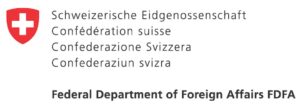This article examines the role of political mandates in including or excluding civil society in the negotiation processes mediated by the Intergovernmental Authority on Development (IGAD) in South Sudan and by the Southern African Development Community (SADC) in Zimbabwe. It argues that the mandates determined the issue of inclusivity by synthesizing the mediating organizations’ normative considerations and practical requirements and by enabling the organizations’ narrative of the conflict to dominate the negotiations at the expense of other narratives. The article concludes that the mandate led to the inclusion of civil society in the Madagascar case and the exclusion of civil society in the Zimbabwe mediation.






